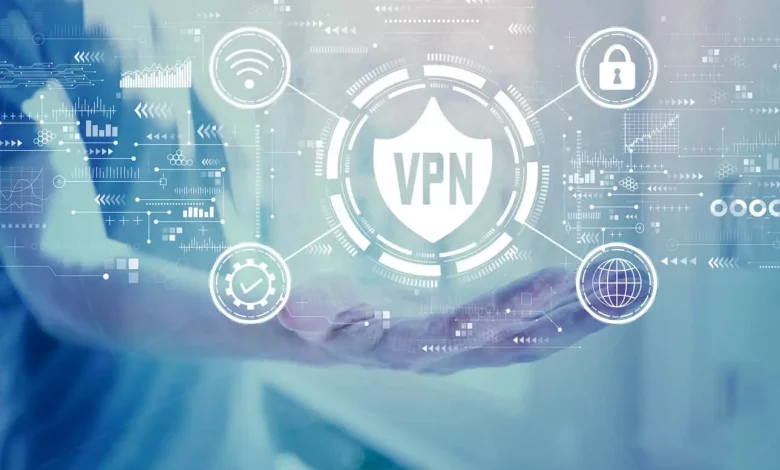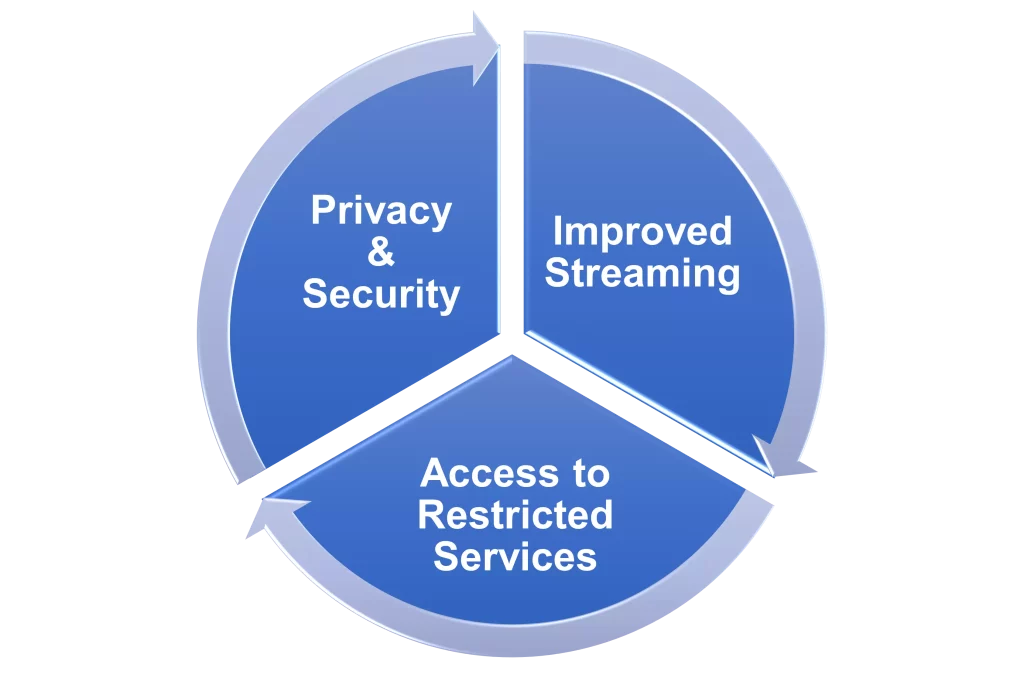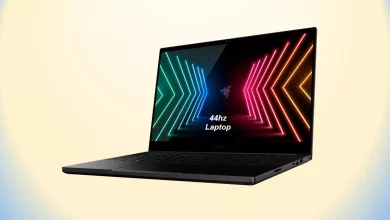What is VPN? Its Benefits and Limitations


Virtual Private Network (VPN) is a technology that allows users to connect to the internet securely and access websites and services that may be restricted or blocked in their location.
VPNs are increasingly popular as a way to protect online privacy, as they encrypt users’ internet activity and hide their IP addresses, making it more difficult for hackers and government surveillance to track them.
In this article, we’ll explore the benefits and limitations of VPNs, how they work, and how to choose the best one for your needs.
What is a VPN, and How Does It Work?
A VPN, or virtual private network, creates a secure, encrypted connection between a device and the internet. When you connect to the internet through a VPN, all your online activity is routed through a remote server, which acts as a middleman between your device and the websites and services you access.
This makes it much more difficult for anyone to track or intercept your online activity, as your IP address is hidden and your data is encrypted.
There are two main types of VPNs:
- Client-Based
- Server-Based
Client-based VPNs require users to install software on their devices, which establishes a secure connection to the VPN server.
Server-based VPNs, on the other hand, are provided by a VPN service, which manages the connection for you.
In both cases, the VPN connection is established using a protocol, such as OpenVPN or IKEv2, which determines how the connection is established and managed.
Benefits of Using a VPN
There are several benefits to using a VPN, including:


1. Online Privacy and Security
One of the main benefits of using a VPN is its added layer of online privacy and security. As mentioned earlier, VPNs encrypt users’ internet activity and hide their IP addresses, making it much more difficult for hackers and government surveillance to track them.
This can be especially important when using public Wi-Fi or accessing sensitive information like online banking or personal emails.
2. Access to Restricted or Blocked Websites and Services
Another benefit of using a VPN is the ability to access websites and services that may be restricted or blocked in your location.
For example, some countries censor certain websites or block access to social media platforms, making it difficult for citizens to access certain types of content.
VPNs can bypass these restrictions by routing your internet activity through a server in a different location, allowing you to access these restricted websites and services.
3. Improved Streaming and Download Speeds
In some cases, using a VPN can also improve your streaming and download speeds. This is because VPNs can route your internet activity through servers that are closer to your desired location, reducing latency and lag.
This can be particularly helpful for users who experience slow speeds due to distance from the server or congestion on the network.
Limitations of Using a VPN
While VPNs offer many benefits, there are also some limitations to consider. Some of the potential drawbacks of using a VPN include the following:
1. Slower Connection Speeds
Depending on the VPN provider and the protocol being used, using a VPN may result in slower connection speeds. This is because VPNs add an extra layer of encryption and routing to your internet activity, which can slow down your connection.
However, many VPN providers offer options such as “light” or “streaming” servers, which are optimized for faster speeds.
2. Limited Compatibility with Some Websites and Services
Some websites and services may block or restrict access from VPNs, as they can be used to bypass regional restrictions or hide illegal activity. This means that you may not be able to access these websites or services while using a VPN.
Additionally, some VPNs may not be compatible with certain streaming platforms or online games, as they may use advanced anti-VPN measures to detect and block VPN connections.
3. Potential for Misuse
While VPNs can be used for legitimate purposes, they can also be misused for illegal or malicious activity.
For example, some people may use VPNs to hide their IP addresses while engaging in cybercrime or online piracy. This can create problems for legitimate VPN users, as authorities may target VPN servers or block VPN connections to combat these activities.
Choosing the Right VPN
There are many factors to consider when choosing the right VPN for your needs. Some things to look for in a good VPN provider include the following:
1. Security and Privacy
Security and privacy are the most important factors to consider when choosing a VPN. Look for a provider with strong encryption protocols and a clear privacy policy outlining how they protect your data.
2. Speed and Performance
Another important factor to consider is speed and performance. Choose a provider that has a good reputation for fast, reliable connections, and consider testing out different protocols to see which one works best for your needs.
3. Server Locations and Network Size
It’s also important to consider the number and location of servers the VPN provider offers. A larger network of servers in various locations can give you more options for bypassing regional restrictions and improving streaming and download speeds.
4. Customer Support
Finally, consider the level of customer support offered by the VPN provider. Look for providers that offer 24/7 support and various support options such as live chat, email, and phone support.
Wrapping Up
Virtual Private Network (VPN) is a valuable tool for increasing online privacy and security and accessing restricted or blocked websites and services.
While there are limitations to consider, choosing the right VPN provider and understanding how VPNs work can help you get the most out of this technology.



